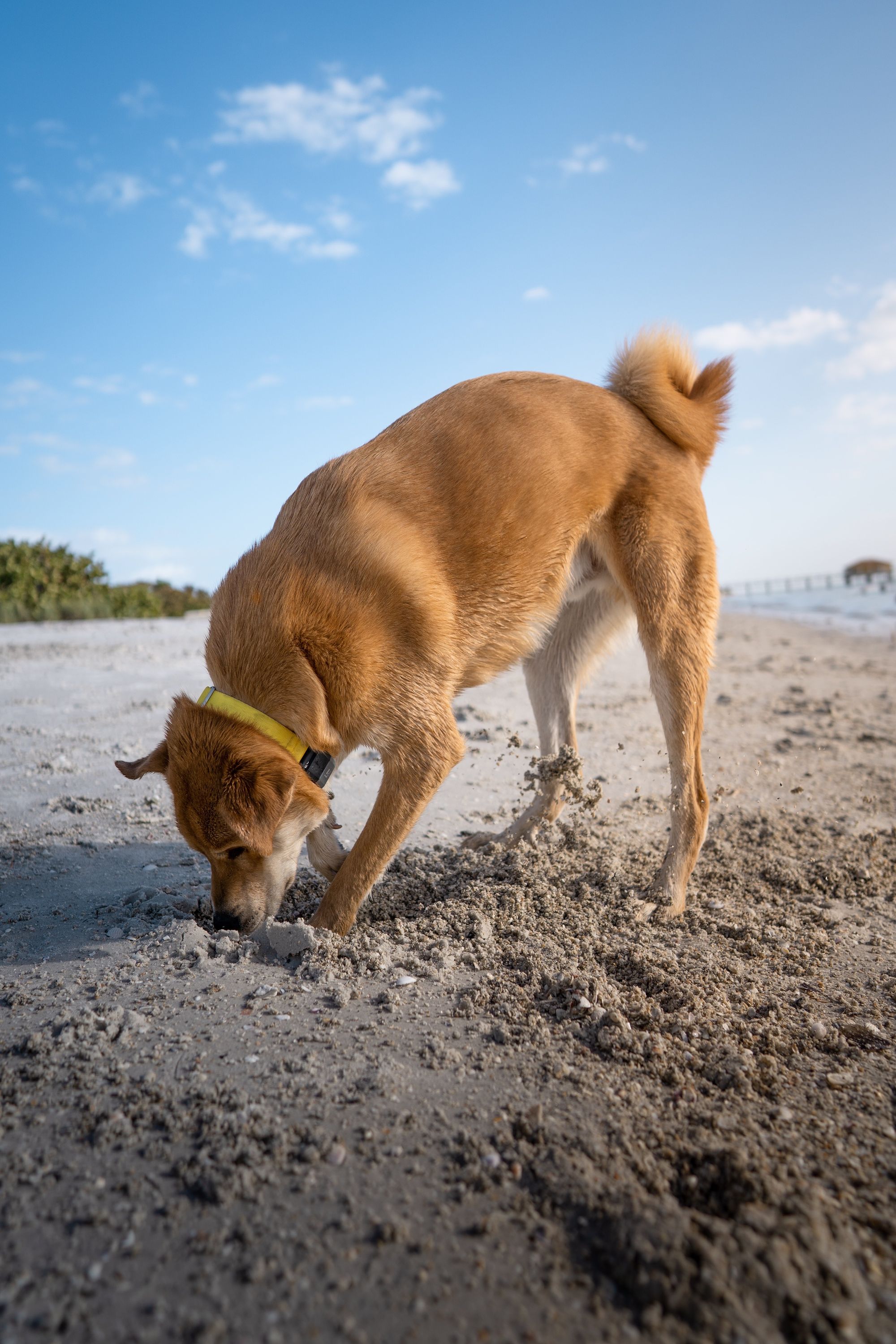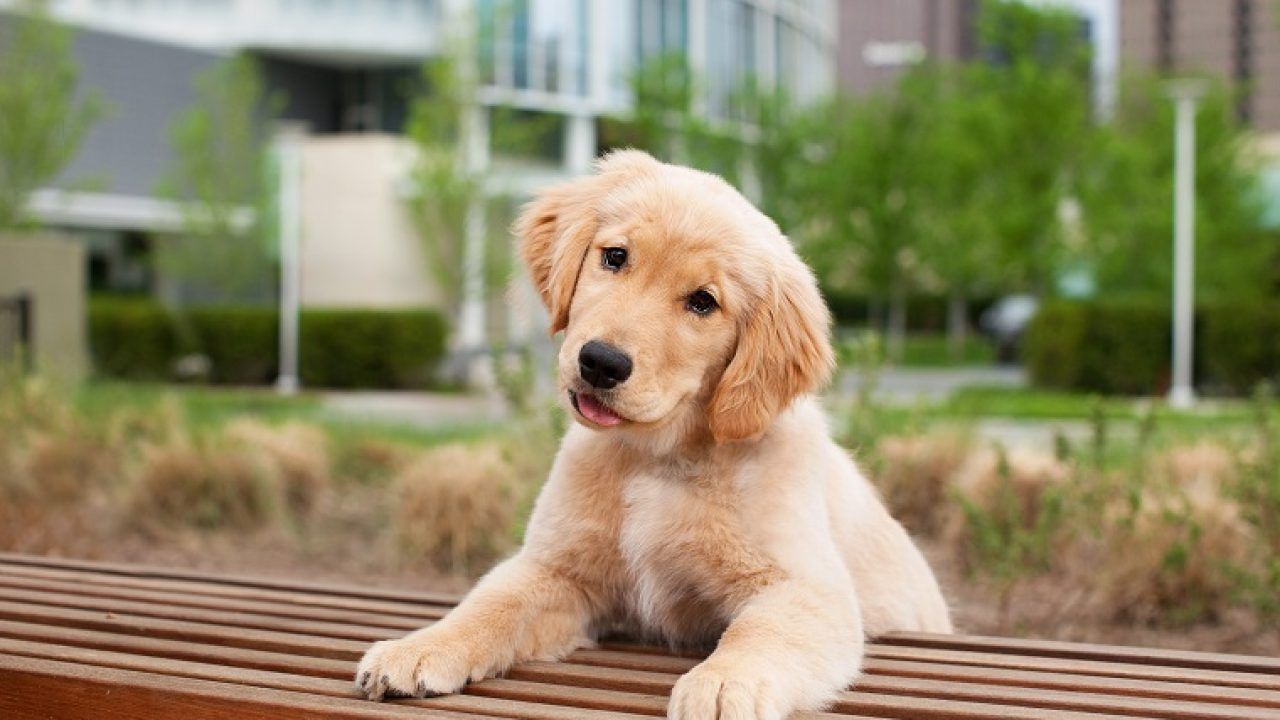Let’s start by saying ‘can my dog eat this?’ and ‘should my dog eat this?’ are two different questions. Most veterinarians and pet nutritionists will tell you it’s best to play it safe, and keep human food for the humans, and dog food for the dogs.
However, if you have a beggar on your hands and you may sometimes give into those puppy dog eyes and cries, it’s important to know what food on your plate might be harmful to your dog. Fi researched commonly searched human foods in relation to pet safety to clarify any misconceptions about what your dog can and can’t eat.
Can My Dog Eat This?
Yes, your dog can eat:
- Blueberries: Because they’re packed with antioxidants and vitamins, blueberries are a great snack for dogs. Plus, they’re low-cal, so ask your dog to share his blueberries with you for a healthy treat.
- Cheese: Great news for wine and cheese nights, you can spend ‘em with your dog (but no wine for the pup, obviously). A little bit of cheese is the ultimate treat for both humans and dogs so feel free to share.
- Corn: Yes! You’ll actually find corn in most dog foods - so it’s safe to share yours.
- Fish: As long as you cook it, fish is great for dogs. Filled with healthy fats and amino acids, it’s a safe and responsible choice. You may not be able to share your sushi, but a fish dinner 1-2 times a week is a healthy option.
- Honey: Great news for the bees, honey is good for both us and our dogs. Packed with antioxidants and vitamins, a little bit of honey can help with allergies and even help to heal external abrasions.
No, your dog shouldn’t eat:
- Chocolate: You’ve heard it here first the hundredth time. Don’t give your dog chocolate, just, don’t do it, promise?. Chocolate contains methylxanthines that can harm your dog’s metabolism and lead to diarrhea, vomiting, seizures, and more.
- Almonds: Although not toxic in nature, the shape and size of almonds can block a dog’s airway if swallowed hole. Furthermore, salted almonds (or any overly salted snack) can be fatal to dogs that are prone to heart disease. We know salt isn’t the greatest for human health, same goes for our pups.
- Garlic: You shouldn’t just avoid giving garlic to your dog because you don’t want his breath to be even worse than it already is. Garlic is part of the Allium family (like chives, onions, and leeks) and is highly toxic to dogs. Garlic can lead to anemia in dogs, and lead to weakness, elevated heart rate, and other side effects.
- Ice Cream: It’s not toxic, but it’s a sugar overload for dogs. Additionally, like humans, dogs might also experience lactose intolerance, so the dairy content in standard ice cream might also lead to an upset stomach.
- Cinnamon: Remember the cinnamon challenge? It’s no good for us or our dogs. It will upset their stomach and lead to diarrhea and vomiting - and although it’s not toxic, it’s best to avoid it.
Because every dog is different, these are general recommendations, but you should consult your vet on your dog’s individual tolerance for ‘human’ foods based on their medical history or breed specific dietary restrictions. In the event your dog does ingest any of the foods in the ‘no’ column, contact your vet or Pet Poison Control for further assistance to ensure your pup makes a full recovery.

